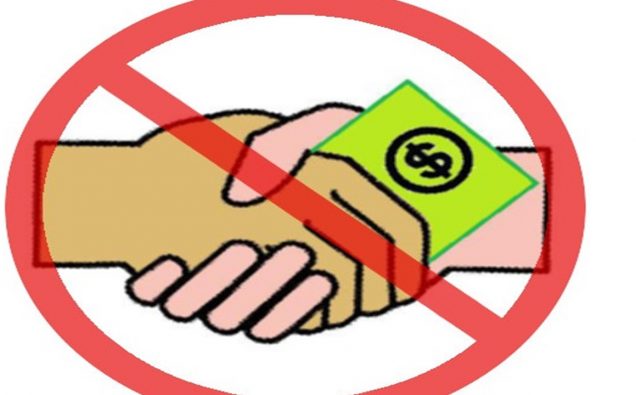
As developing countries struggled to pull their countries out of poverty, the United Nations has warned that corruption undermines democratic institutions and creates global instability.
Mirella Dummar-Frahi, Civil Society Team Leader at the United Nations Office on Drugs and Crime (UNODC) also noted at the UN Civil Society Conference in Salt Lake City, Utah that corruption slows down economic development.
Corruption deprives the world of $2.6 trillion or five percent of global GDP every year, the World Economic Report reported last year.
Corruption takes on many forms like bribery, kickbacks, stashing of wealth offshore and sale of state land and entities at throwaway prices.
While some countries have made nominal progress toward bringing transparent governance, several countries around the world remain mired in the challenges that corruption, especially among both military and political rulers.
In her remarks, the UN official touched on some of the key steps that need to be taken to contain corruption.
Dummar-Frahi advocates greater cooperation, joint operations and mutual legal assistance among Governments, with involvement from civil society, the private sector and international organizations.
The United Nations official pointed out in an interview that tackling corruption plays an important role in the 2030 Agenda for Sustainable Development, the Organization’s blueprint for a sustainable future that leaves no one behind.
“The fight against corruption is deeply rooted in Sustainable Development Goal 16, which aims to provide access to justice for all, and build effective, accountable and inclusive institutions at all levels,” she explained.
“One of the targets within this Goal, Target 6.15, is to ‘substantially reduce corruption and bribery in all its forms’, and the UN Office on Drugs and Crime is the guardian of the only legally binding universal anti-corruption instrument: the UN Convention Against Corruption (UNCAC). The vast majority of UN Member States are parties to the Convention”.
As a panacea she says civil society, individuals and the private sector need to be encouraged to actively participate in preventing corruption, and raising awareness of its existence, as well as the threat it poses.

















